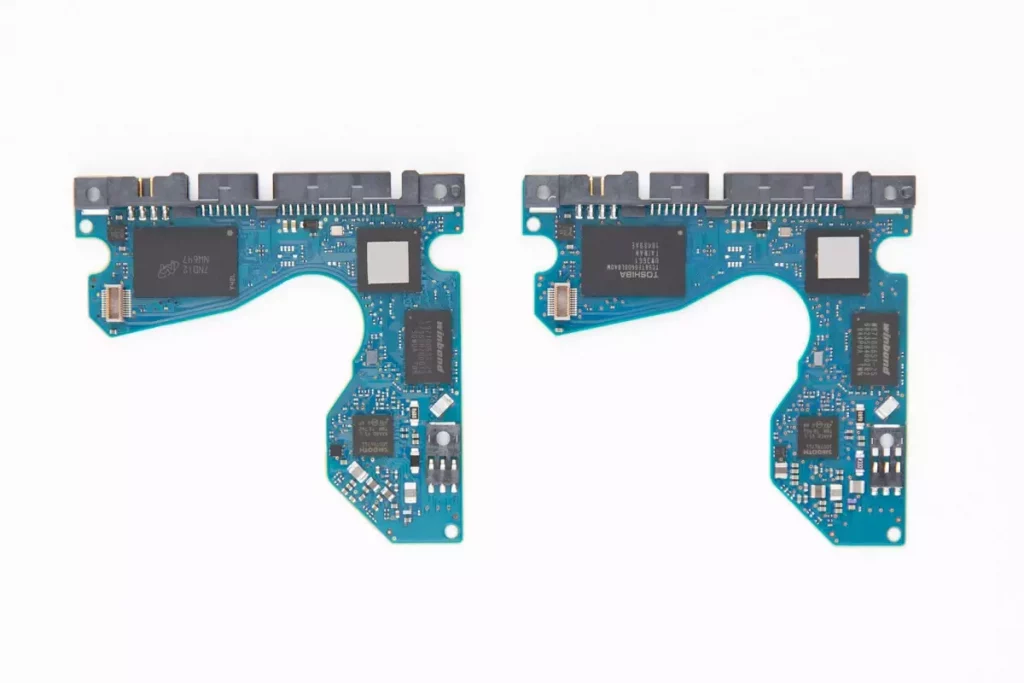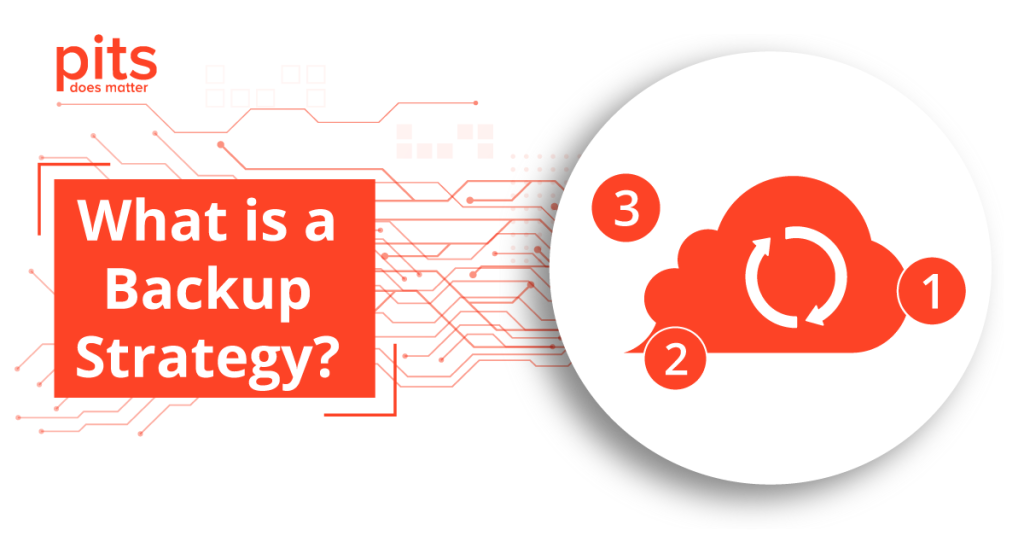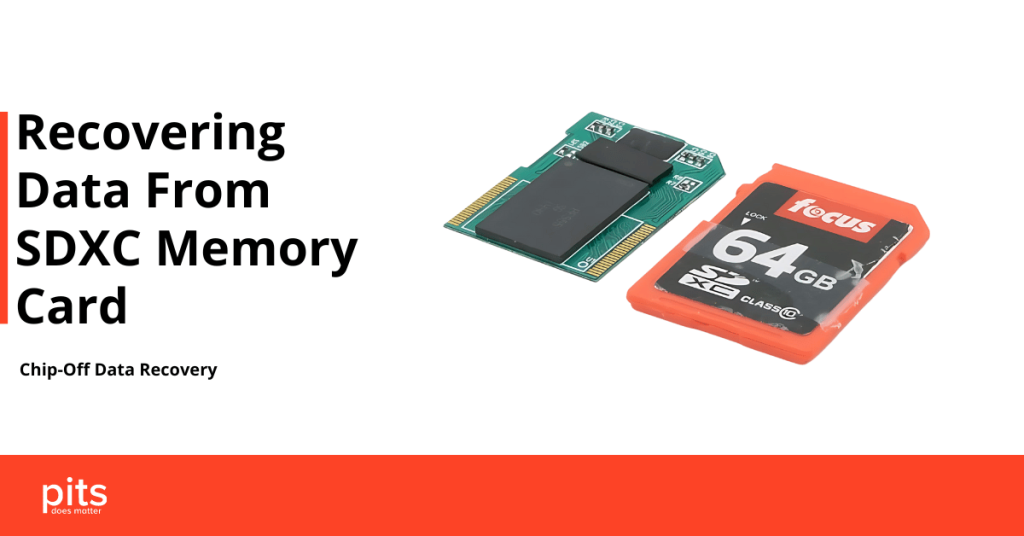As technology continues to advance, the storage capacity of traditional hard drives (HDD) has grown exponentially. However, with increasing amounts of data stored on our devices, there is a demand for higher performance storage solutions that can meet our needs.
Solid-state drives (SSDs) provide high performance, but the cost per gigabyte of storage is still relatively high, making them less feasible for storing large amounts of data. Hybrid drives, or solid-state hybrid drives (SSHDs), offer the best of both worlds by combining traditional disk drive (HDD) technology with solid-state memory (SSD).
What is a Hybrid Drive (SSHD)?
A hybrid drive, also known as a solid-state hybrid drive (SSHD), is a type of storage device that combines the benefits of traditional hard disk drives and solid-state drives. An SSHD is essentially a hard drive that includes a small amount of solid state memory, which acts as a cache for frequently accessed data.
This means that when a user requests data, the drive can quickly retrieve it from the cache instead of having to search for it on the slower spinning disks. This results in faster performance compared to traditional hard drives while providing larger storage space at a lower cost per gigabyte than pure SSDs. SSHDs are commonly used in laptops, desktops, and other devices where both high performance and large amounts of storage capacity are desired.
What is SSHD and How Does it Work?
Solid-state hybrid drives (SSHDs) work by utilizing a small amount of solid-state memory as a cache for frequently accessed data. When data is requested from an SSHD, the drive’s firmware checks the cache first to see if the requested data is stored there.
If the data is stored in the solid-state cache, it is retrieved and delivered to the operating system (OS) much faster than if it were stored on the disk drive. If the data is not in the solid-state cache, the SSHD retrieves it from the traditional hard disk drive (HDD) and stores a copy in the cache for future use.
This process is known as “caching” and is done automatically by the drive’s firmware. As the SSHD learns which data is frequently accessed, it stores more of it in the solid-state cache, resulting in faster access times over time.

SSHDs are designed to optimize the usage of the solid-state cache to ensure that frequently accessed data is always available in the cache for quick retrieval. The cache is typically designed to hold the most frequently accessed data and can range in size from a few gigabytes to several hundred gigabytes, depending on the drive’s capacity and design.
In addition to caching frequently accessed data, SSHDs can also use the solid-state cache to speed up the boot process. This is because the operating system (OS) files required for booting are often stored in the cache, allowing the system to start up much faster than with a traditional HDD.
Advantages of SSHDs
Solid-state hybrid drives (SSHDs) offer several advantages over traditional hard disk drives (HDDs) and pure solid-state drives (SSDs). One of the most significant advantages of SSHDs is their high performance. By combining a traditional disk drive with solid-state memory, SSHDs offer fast access to frequently accessed data while still providing a large amount of storage capacity. This makes them an ideal choice for tasks that require high performance, such as PC gaming or video editing.
Another key advantage of SSHDs is their cost per gigabyte. Pure SSDs are often more expensive than traditional HDDs, making them an impractical choice for users who need a large amount of storage capacity.
However, SSHDs provide a balance between cost and performance by combining traditional disk drive technology with solid-state memory. This means that users can get a large amount of storage capacity at a lower cost per gigabyte than a pure SSD. SSHDs are also an excellent choice for laptops and desktop PCs where space is limited.
Since SSHDs provide a large amount of storage capacity in a single drive, they can help to reduce the number of drives required in a system. This can help to save space and make it easier to manage data.
Limitations of SSHDs
While solid-state hybrid drives (SSHDs) offer several benefits over traditional hard disk drives (HDDs) and pure solid-state drives (SSDs), they also have some limitations that users should be aware of. One limitation of SSHDs is that the amount of solid-state memory used in an SSHD is relatively small compared to a pure SSD.
This means that the performance boost provided by the solid-state cache may not be as significant as that of a pure SSD. However, it is worth noting that SSHDs are still significantly faster than traditional HDDs.
Another limitation of SSHDs is that if a file is not frequently accessed, it may never be stored in the solid-state cache. In this case, the SSHD will operate at the speed of a traditional HDD. This means that the performance benefits of the solid-state cache are only realized for frequently accessed data.
Benefits of PITS Global's Services
For years, PITS Global Data Recovery Services has established itself as a reputable and professional provider of data recovery services. Our focus is on providing our clients with secure and reliable recovery options, enabling us to achieve the highest possible rate of file recovery.
Why Choose Us
PITS Global Data Recovery Services delivers premium data recovery solutions with a focus on quality and individual care for every case. As a DUNS-verified business, we are committed to excellence, ensuring 100% customer satisfaction. Our tailored service options suit a range of recovery needs and budgets. For critical situations, we offer emergency data recovery, restoring data quickly and reliably without compromising quality.

If you’re facing a data loss situation, don’t hesitate to contact us. Our 24/7 data recovery services are available to you, 365 days a year. Let us help you recover your precious data today.

We start the recovery process with a risk-free evaluation. Our technicians estimate reasons for data loss and the level of damage. Based on it, we select the most suitable recovery strategy.

With years in the data recovery industry, our company supports the highest customer satisfaction rate. We do everything to provide a positive experience for our clients.

During our remote customer file verification session, you will thoroughly review all necessary documents and records to ensure accuracy and compliance.

We offer data recovery services from over 50 locations across the US. This means that no matter where you are located, you can access our services to recover the data.

With our certified data recovery services and 99% success rate, we are confident that we can recover your precious data and get you back up and running in no time.
Recognizing the difficulties associated with hybrid drive failure, our company provides clients with a technical evaluation of their devices. Should you suspect any issues with your data storage, simply send it to one of our recovery labs via expedited shipping for prompt and efficient service.
When faced with data loss on your hybrid drive, it is crucial to seek the assistance of professionals like PITS Global Data Recovery Services, as recovering data from a damaged hard drive is complex. Don’t hesitate to contact our team for assistance in restoring access to your valuable files. You can reach us by filling out the form below.
Frequently Asked Questions
What is a hybrid drive?
A hybrid drive is a type of hard drive that combines the features of a traditional hard drive with those of a solid-state drive (SSD).
How does a hybrid drive work?
A hybrid drive uses a small amount of high-speed flash memory to cache frequently accessed data, while the majority of data is stored on the traditional spinning platters of the hard disk drive.
What are the benefits of a best hybrid hard drive?
The benefits of a hybrid drive include faster data access times than a traditional hard drive, improved boot and load times, and increased storage capacity compared to an SSD.
Are hybrid hard drives worth it?
Yes, hybrid drives can be a good option for general use, as they provide faster access times for frequently accessed files and programs, improving overall system performance.
How do hybrid drives compare to traditional hard drives and solid-state drives?
Hybrid drives offer a balance between the increased speed of an SSD and the larger storage capacity of a traditional hard drive.
What is the lifespan of a hybrid drive?
The lifespan of a hybrid drive is similar to that of a traditional hard drive and can vary depending on factors such as usage patterns, temperature, and overall system health.
Can data be recovered from a failed hybrid drive?
Yes, data can be recovered from a failed hybrid drive using specialized data recovery techniques, but the success rate may depend on the extent of the damage and the type of recovery methods used.


